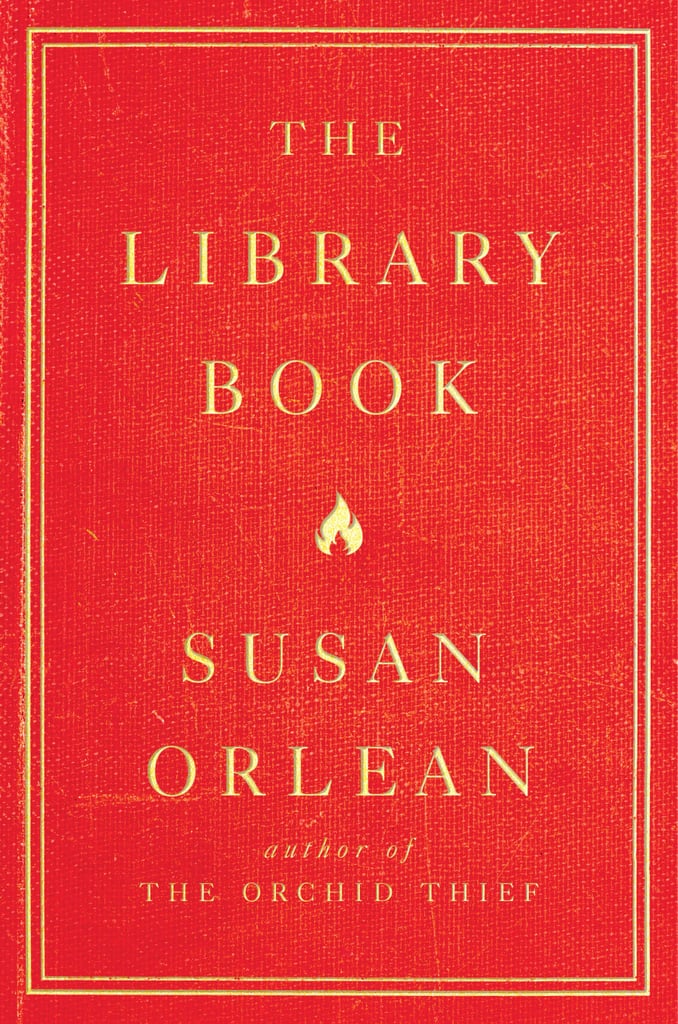

Knowing that you like books, I am writing this appeal in every library book I can get ahold of in hope that it may come to your eyes. Questions included “Burial customs of Hawaii,” “What Romeo looked like,” and “Whether immortality can be perceived in the iris of an eye.” I’m also fond of the unorthodox use of library books as messaging systems, as in this note in a library books from 1914:ĭear Jennie, Where are you keeping yourself? I have searched three cities for you and advertised in vain. The stories and lists from past librarians are funny and often gently baffling, as when Orlean shares some of the questions the Reference Department answered on one day in 1937. I loved the stories of LA’s first librarians and their different personalities and visions for the library. However, overall the book is inspiring rather than depressing.


The story of the lead suspect, Harry Peal, is also sad, and contains an enormous amount of homophobia (expressed in interviews by Pearl’s family members). Orlean goes into detail about the fire itself, which makes for agonizing, informative, and emotionally gripping reading. Using the 1986 Los Angeles Library Fire as a framing device, Orlean explores the mystery of how and by whom the fire was started as well as the history of the Los Angeles Public Library and how libraries today are changing to meet modern needs. The Library Book by Susan Orlean is a gripping piece of nonfiction.


 0 kommentar(er)
0 kommentar(er)
